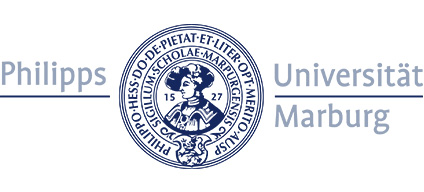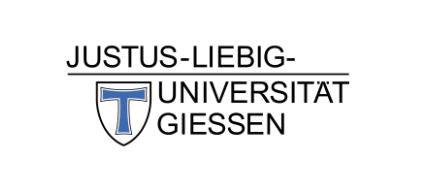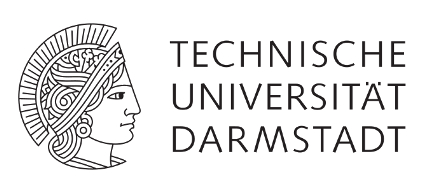12.01.2018 Depression research receives 3.8 million euros
DFG supports "Neurobiological mental disorders" DFG Research Unit for a further three years

There is still a lot we do not yet know about the human brain. However, one thing is certain: If someone suffers from an affective disorder, for example depression, it does not function in the same way as the brain of a healthy person. However, what exactly leads to the changed workings of the brain and what influence do differently developed brain structures have on the progression of a mental illness? The "Neurobiological mental disorders" Research Group 2107 has been investigating these questions since 2014. The German Research Foundation (DFG) is now funding the continuation of its successful work for a further three years with around 3.8 million euros.
"Affective disorders develop as a result of the interaction of various influences. Two factors are particularly decisive in this respect: On the one hand, early external influences such as child abuse, migration or growing up in a large city, and on the other, genetic predisposition, which also plays a role," says Professor Dr Tilo Kircher, professor for psychiatry and psychotherapy at Philipps-Universität Marburg and the research group's spokesperson. Apparently, the links between the brain's structures during early development therefore develop differently according to particular genetic and outside influences. "However, due to their high complexity, we still do not fully understand the exact nature of the processes inside the brain," Kircher says.
The researchers from the faculties of medicine, psychology and pharmacy at the universities in Marburg, Münster, Bonn, Heidelberg and Kiel, the ETH Zurich and the Max Planck Institute of Psychiatry in Munich therefore conducted an extensive study involving around 2,500 patients and healthy participants during the first funding phase. One core element was a comprehensive data collection gained with the aid of interviews, blood samples and magnetic resonance tomography (MRT) that generated detailed images of the brain structure of the study participants.
In the second funding phase, the same study participants are now to be examined again. "The second data collection exercise is decisive for evaluating the progression of our patients' condition and for the subsequent examination of the results in the context of their life history, genes and brain," says Kircher. "This second evaluation would not be possible without the funding." In the long term, the researchers intend to contribute to prevention, to the prediction of individual illness progression and to the development of new therapies with their work.
Further details:
Contact
Prof. Dr. Tilo Kircher
Tel.: 06421 58-66218
Mail: tilo.kircher@staff.uni-marburg.de
Fachbereich Medizin
Philipps-Universität Marburg


